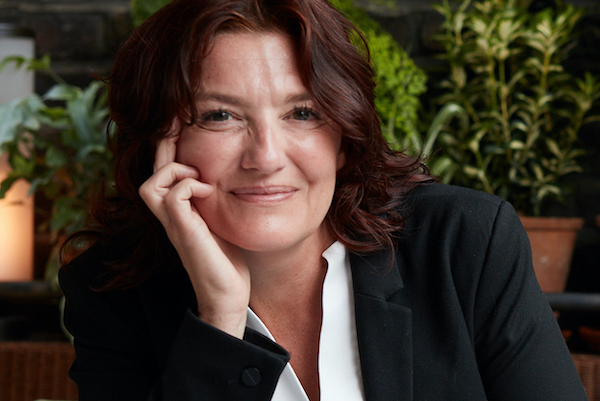PB Upskills: has the spa industry let beauty therapists down during Covid-19?

Everyone who works in beauty therapy has themselves and their clients to look after, as well as their employees. However, in my opinion, the spa industry has not been giving beauty therapists the tools they need to be confident in how they do that job.
Risk assessment has never been anything that individuals in the industry have been required to do, it’s always been led by a brand. As a result, when we teach spa therapy protocols, while risk assessment and mitigation is included in the education, we teach by way of routine without explaining why we do things. Therefore, spa therapists are not as empowered by their knowledge as they should be.
I mean, I’ve taught this way in the past. For example, when doing a facial we say to remove make-up from the eyes before the mouth, however, we don’t say it’s because the eyes are much more prone to infection. We simply teach the steps and don’t explain them.
I believe this is an industry-wide failing that has been brought to light by the challenges and fear created by the coronavirus pandemic. Understanding risk and having the capacity to assess it and do something about it is integral to getting back to work safely and with confidence.
How has this lack of risk training put the spa industry at a disadvantage?
The risk of putting oneself at risk of infection, as well as the potential for putting clients at risk when we’re meant to be helping them, has been paralysing for spa therapists, especially those who work with immunocompromised and vulnerable customers.
Of course, there have been extensive periods during the past year where we’ve not been able to work due to coronavirus lockdowns, even when other touch treatments have been permitted. That fact in itself reflects an industry failing that has resulted in discrimination against our profession.
For example, in July 2020, when hairdressers and barbers were allowed to reopen their doors, spa therapists were not. In part, that may have been because there’s a narrative in our industry that says we’re not regulated, but we are. Without going into a detailed definition on regulation, we have the same level of regulation as any other UK industry.
What are we already doing to address the issue?
For those of us working in the world of oncology facials and massage, this issue of cross infection control is more transparent because it has to be discussed and explained in order to keep clients safe.
However, spa therapists already have an extensive amount of knowledge about controlling cross infection as part of their standard Level 3 training. It is just, as I mentioned, that the rationale behind the action is not explained.
Therapists already know what to do if a client comes in for a facial and has a cold sore, and it is standard practice to do things that include (but are not limited to) washing their hands regularly, changing the bedding, and washing linens and towels between clients.
My point is that beauty therapists already have a wealth of knowledge in this but we’re not giving them the confidence or missing link to activate it for different situations.
What does the spa industry need to do better?
In my opinion, if you can manage that kind of infection risk, then you can manage other infection risks as well. What is not being made clear is that risk is a changing landscape and even within Covid-19 that landscape continues to change as different variants emerge. We need to give our therapists the tools to assess the situation effectively themselves.
The good news on this front is that while no situation is ever completely black and white, there are clear parameters by which we can do risk assessments, which are the foundation for safe practice. The Health and Safety Executive (HSE) has laid these out and its implementation allows us to make decisions and put control measures in place.
Understanding risk, infection and the assessment processes is why my team and I have put together the free online Jennifer Young course “Control of Cross Infection in the Post Covid-19 World”, supporting beauty therapists and businesses in returning to work in the wake of the pandemic. We’ve also hosted webinars on the subject and you can read a thorough overview in our “Guide to Cross Infection Control”.
The spa industry is in a very challenging space at the moment. Understanding risk and empowering therapists to make informed decisions is vital for the safety and agility of our teams, our clients and our businesses, as well as getting care to those who need it the most at this challenging time.
 Jennifer Young is founder of Beauty Despite Cancer and an expert in skincare for those living with and beyond cancer. She also runs sister company Jennifer Young Training, which takes Young’s products and puts them together with accredited protocols for oncology touch therapies.
Jennifer Young is founder of Beauty Despite Cancer and an expert in skincare for those living with and beyond cancer. She also runs sister company Jennifer Young Training, which takes Young’s products and puts them together with accredited protocols for oncology touch therapies.


![[UPDATED]: salons and mobile beauty businesses in Wales to reopen April 12](https://d3sc42dkmius1e.cloudfront.net/Upload/669/CMS/News/Photos/a2c797cd-0b6.jpg)